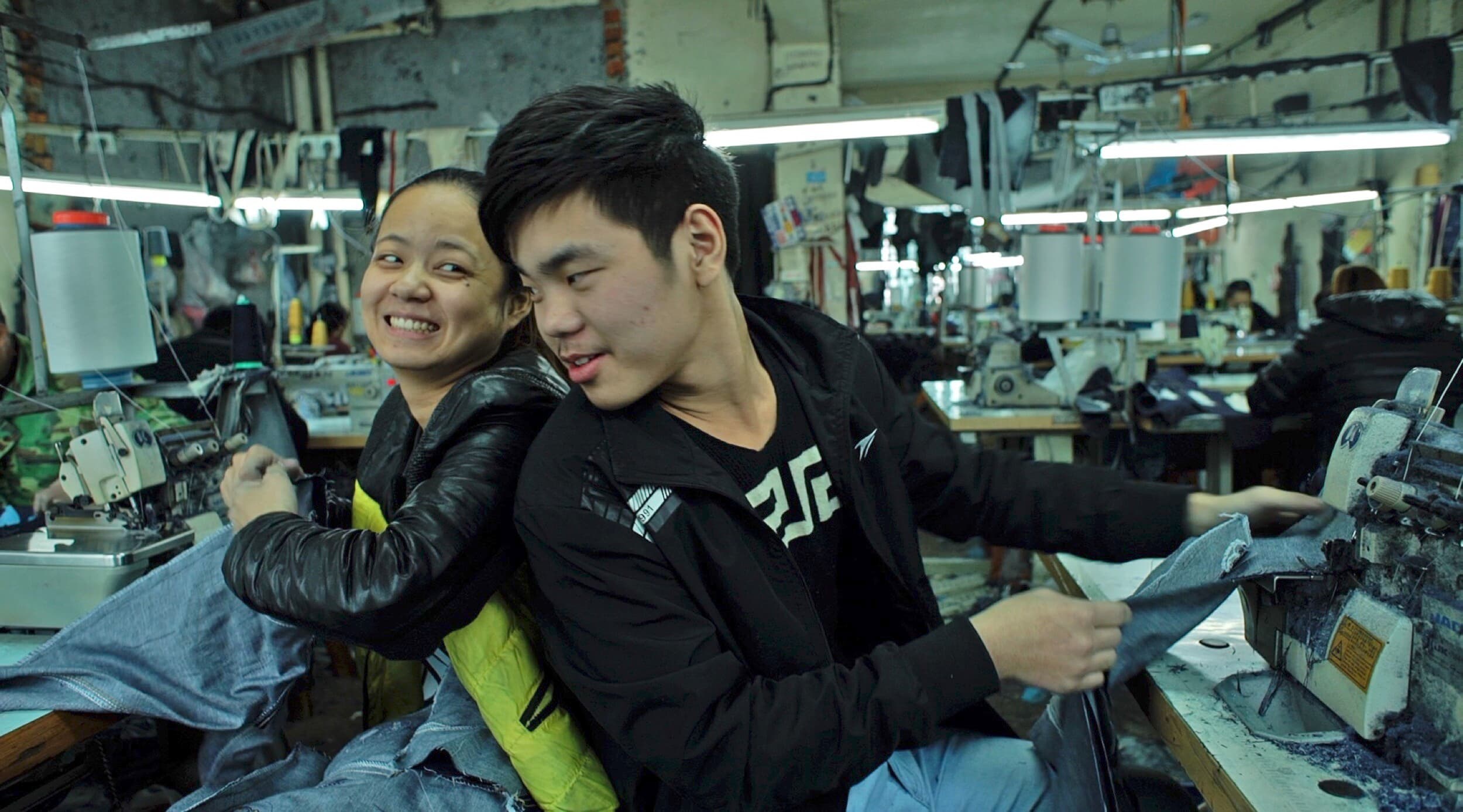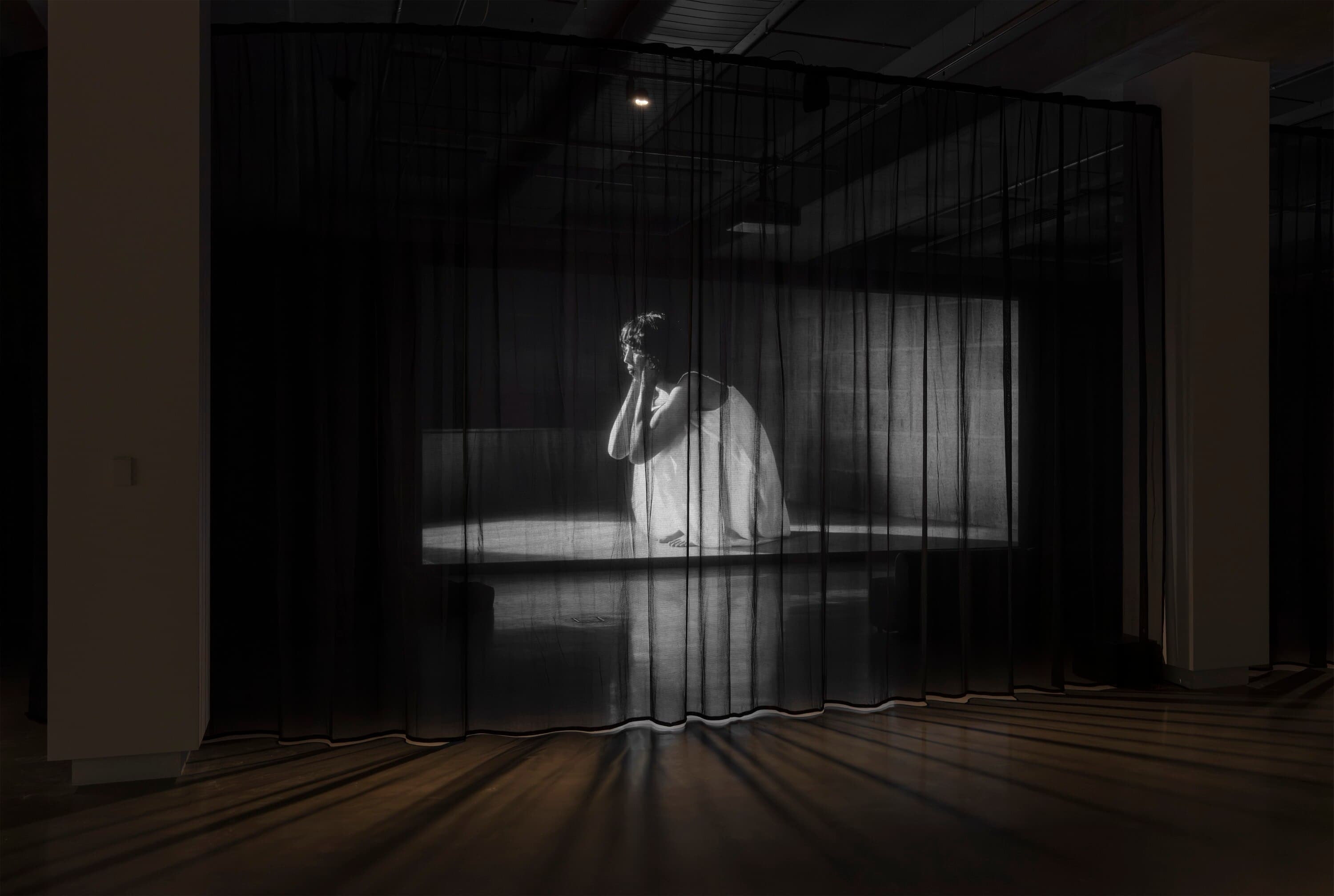The Impoverished Aesthetic: Class, Race, and Depression in the Work of Archie Moore
Archie Moore’s “impoverished aesthetic” transforms memory, class, and race into immersive, unsettling worlds. Rejecting the tidy self-disclosure of trauma narratives, his work lingers in ambiguity—neither confession nor critique, but something in between.
By Tara Heffernan
Issue 1, Summer 2023/24
“Paying your respects costs you nothing,” wryly notes a t-shirt designed by Archie Moore. In Australia, well-meaning attempts to address colonial culpability and bear witness to its legacies often paradoxically serve as cathartic rituals, assuaging the white guilt of a predominantly middle-class audience. Along with bureaucratised expressions of remorse, key among these symbolic reparations is the excessive platforming of trauma narratives. Premised on a foundational contradiction — the externalisation of inner turmoil — these politicised acts of self-disclosure are routinely encouraged, only to be mined for ideological edification.
Exclusive to the Magazine
The Impoverished Aesthetic: Class, Race, and Depression in the Work of Archie Moore by Tara Heffernan is featured in full in Issue 1 of Memo magazine.
Get your hands on the print edition through our online shop or save up to 20% and get free domestic shipping with a subscription.
Buy this article as an ePaper (PDF)
Single-article PDF, not the whole issue. AUD $5.00.
Related


Er ist wieder da. He is back again. During the harrowing June nail-biter standoff between Israel and Iran, an otherwise dissonant chorus of global diplomatic voices — for a moment — seemed to speak in unison. According to a bare-minimum international consensus, Hitler had to be defeated once more.

